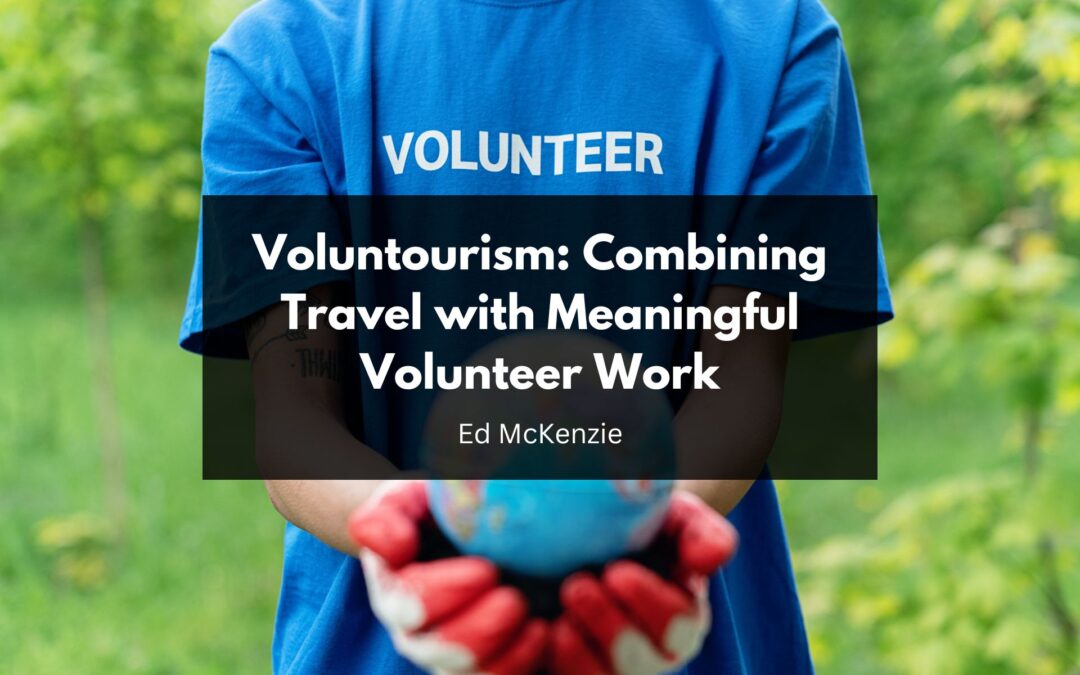Embarking on a journey that marries the thrill of travel with the fulfillment of meaningful volunteer work has become an increasingly popular trend. Referred to as “voluntourism,” this blend of adventure and altruism offers a variety of options for those seeking a more immersive and purposeful travel experience.
One avenue within voluntourism is the realm of service learning programs, such as those offered by Road Scholar. These programs go beyond typical volunteer vacations by integrating education about the destination’s history and culture. For instance, participants may find themselves teaching children in India during the day and delving into local history, museums, and lectures during off-hours. Importantly, these programs often allow travelers to deduct certain expenses as charitable contributions on their tax returns.
Voluntourism opportunities span a spectrum, ranging from week-long commitments to extended experiences lasting several months. The key to a successful voluntourism endeavor lies in prioritizing the volunteer work itself over the vacation aspect. Reputable, long-established nonprofits are generally considered safer options, ensuring that the volunteer work is well-organized, culturally sensitive, and genuinely impactful.
It’s essential to align your passion with the cause you support. Whether it’s the environment, poverty, education, or health, numerous domestic and international charities provide volunteer opportunities. Websites like VolunteerForever or Go Eco can help streamline your search, offering program reviews and direct access to volunteer opportunities.
While the concept of paying for the privilege of volunteering may seem counterintuitive at first, it’s common practice in the voluntourism space. Arranged volunteering, facilitated through organized programs in collaboration with nonprofits (NGOs), often involves participants covering expenses like airfare, meals, and lodging. Crowdfunding platforms, like Volunteer World’s fundmytravel community marketplace, even allow individuals to seek financial support for their volunteer journeys.
Arranged volunteering distinguishes itself by offering a more immersive experience, allowing participants to live under conditions typical of the local population. This approach often includes stays with local families and engagement in human service or humanitarian aid projects. Despite the financial investment, participants benefit from orientation, language and technical training, logistical support, and a clear understanding of their expected contributions.
Philanthropic travel represents another facet, where potential donors visit projects considering significant charitable contributions. This approach focuses on establishing trust and understanding between the philanthropist and the recipient organization, ensuring that donations are well-placed and impactful.
While the rewards of combining travel with volunteering are immeasurable, it’s crucial to recognize the potential downsides. Volunteering demands commitment and may limit leisure time, resembling a job more than a vacation. Navigating new surroundings, potentially without familiar conveniences, requires patience, resourcefulness, and a genuine commitment to making a positive impact.
In the growing trend of travel for good, those seeking to combine helping, learning, and exploring will discover a fulfilling and memorable journey that transcends traditional travel experiences.
